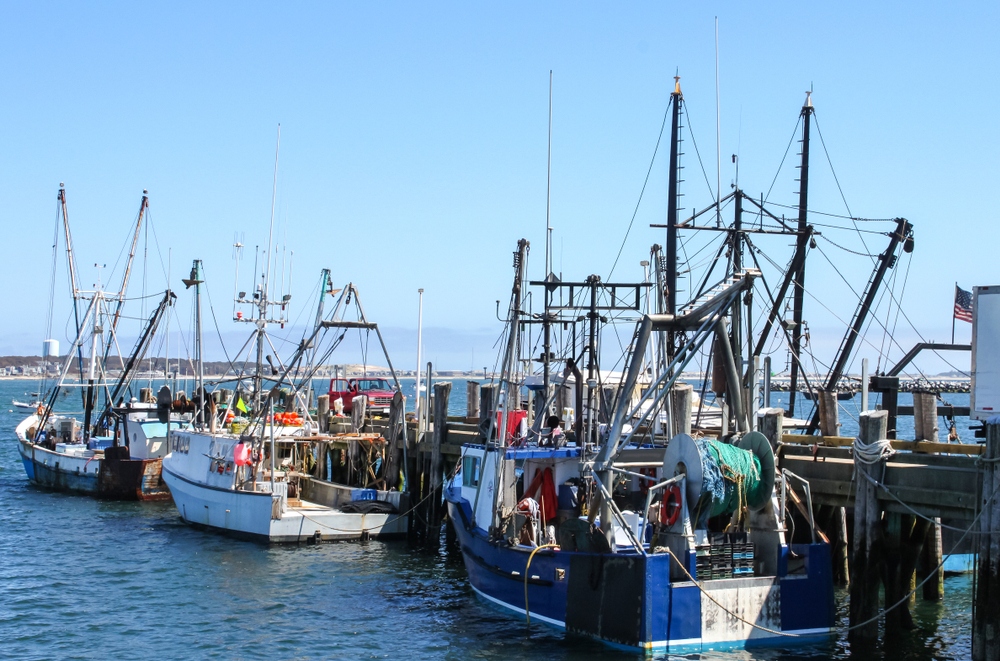(GoRealNewsNow.com) – In their impassioned plea to the United States Supreme Court, New England fishermen seek a lifeline, and their message is clear, “Save Us.”
This high-stakes legal battle against what they view as government overreach has become a defining moment for America’s oldest industry. The fishermen’s case, which has made its way to the nation’s highest court, is not just about their livelihood but is seen as a pivotal decision that could shape the future of American fishing.
Individuals like Jerry Leeman and Rob Odlin from Maine are central to this legal drama.
They challenge the constitutionality of a mandate requiring them to finance government-appointed monitors on their fishing expeditions.
According to Leeman, this requirement imposes an unsustainable financial burden, often exceeding the daily wages of his crew. Moreover, these fishermen raise concerns about the monitors’ lack of readiness for the dangerous sea conditions they regularly face.
Originally initiated under President Donald Trump’s 2020 environmental compliance regulation, this controversial policy has since been suspended due to funding issues. Nonetheless, the fishermen’s journey to Washington D.C., supporting cases such as Relentless Inc. v. U.S. Dept. of Commerce and Loper Bright v. Raimondo, is a testament to their ongoing struggle.
They seek to overturn the “Chevron deference,” a legal principle that permits courts to defer to federal agencies in interpreting ambiguous laws, arguing that it unfairly disadvantages their industry.
The fishermen’s fight also casts a spotlight on the broader issue of seafood imports. Odlin points out the paradox of U.S. consumers eating fish caught by Icelandic fishermen when domestically caught fish are available but less accessible due to stringent regulations. This scenario illustrates the disconnect between consumer preferences and the realities facing local fishermen.
John Borden from New Hampshire adds his voice to the chorus of frustration. Having fished since he was 14, Borden laments the bureaucratic red tape that governs his right to work, depicting a system he sees as overly restrictive and disconnected from the practicalities of the fishing industry.
These fishermen firmly believe they are the most qualified to regulate their industry, driven by a long-term vision for sustainable fishing. This belief challenges the prevailing assumption that federal oversight is the optimal approach, especially when those creating the regulations may lack direct experience in the field.


